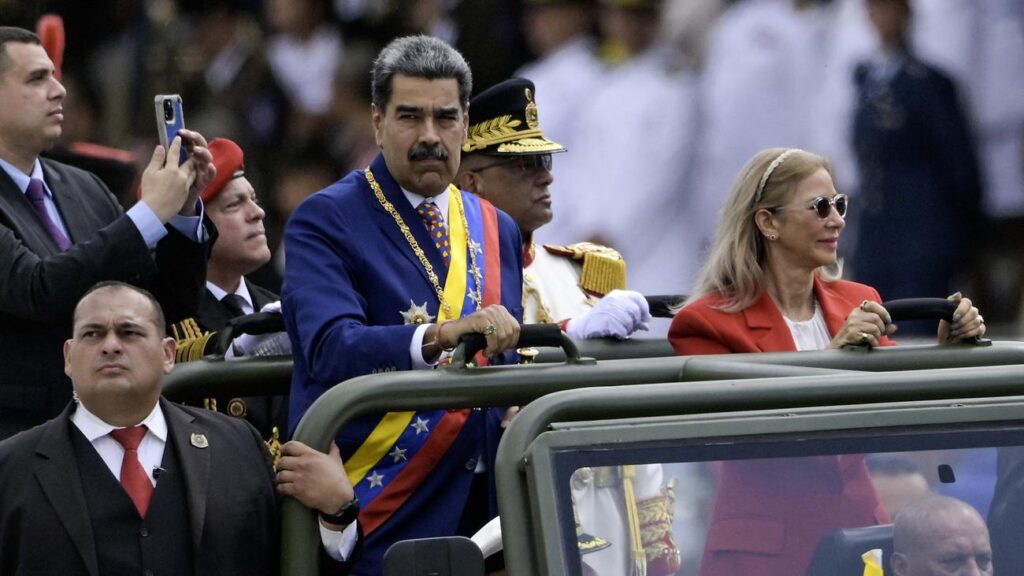
Introduction
Nicolas Maduro, the President of Venezuela, is a figure who has generated controversy both domestically and internationally. His governance style, economic policies, and handling of political dissent have major implications not only for Venezuela’s future but also for geopolitical stability in Latin America. As the country grapples with profound economic issues and a humanitarian crisis, understanding Maduro’s current status is essential for those interested in international relations and human rights.
Recent Developments
As of October 2023, Nicolas Maduro’s government continues to face significant challenges amidst a backdrop of economic collapse, hyperinflation, and a mass exodus of citizens seeking better opportunities abroad. The United Nations reported that around six million Venezuelans have fled the country since 2015, resulting in considerable demographic shifts across South America. Despite these adversities, Maduro’s administration has shown resilience, implementing a series of economic reforms such as dollarization in certain sectors, which have led to a slight stabilization in some areas of the economy.
In addition to economic challenges, Maduro remains a controversial leader on the global stage, facing diplomatic isolation, particularly from Western nations. Sanctions imposed by the United States and the European Union continue to affect the Venezuelan economy, making imports of essential goods difficult and contributing to the ongoing humanitarian crisis. Recent diplomatic efforts, however, have opened a window for dialogue as some of Venezuela’s neighbors begin to reconsider their stance, influenced by the influx of Venezuelan migrants and regional instability.
Public Response and Opposition
The political landscape remains volatile, as opposition groups continue to mobilize against Maduro’s government. The political movement under Juan Guaidó has lost momentum, but discontent with Maduro’s administration persists among the populace, compounded by everyday struggles with food shortages and healthcare deficiencies. The government’s recent announcement of parliamentary elections in late 2023 has sparked debates about the legitimacy and fairness of the electoral process, given the historical context of previous elections marred by fraud accusations.
Conclusion
The future of Nicolas Maduro’s presidency is uncertain. While his government has managed to maintain power through a combination of authoritarian control and strategic economic changes, the underlying issues of corruption, human rights abuses, and economic instability remain colossal challenges. Analysts suggest that unless significant changes occur, including better international relations and genuine political reform, Maduro and Venezuela will continue to struggle. Understanding these dynamics is crucial for anyone watching Latin American politics or concerned about global human rights issues.



